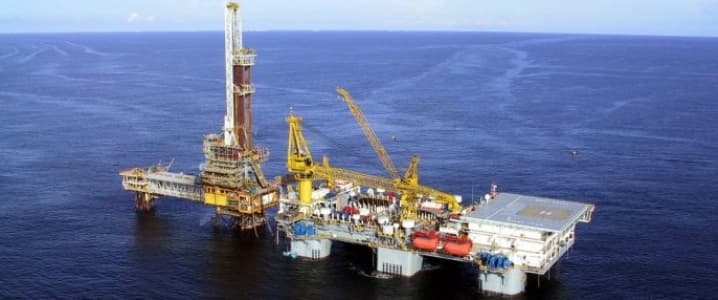Kuwait’s state-run oil company is planning US$42 billion in investments by 2022, as the country pursues a three-fold strategy to increase oil production, expand its refineries and flesh out a clean fuels project.
Speaking at an oil committee meeting on Wednesday, Kuwait National Petroleum Corporation’s (KNPC) officials said investments would focus on expanding two key refineries—Mina Al Ahmadi and Mina Abdullah.
KNPC officials also touted the country’s Clean Fuel Project (CFP), which they said was already more than half complete and should be 75 percent complete by the end of this year. Related: Oil Prices Take A Step Back As Dollar Appreciates
It all fits into Kuwait’s apparent policy of spending extravagantly in the middle of an oil price slump, that is now easing.
A senior Kuwaiti official was quoted on Thursday as saying that Kuwait is "spending as much as possible" to boost economic growth in an atmosphere of depressed oil prices.
But cuts are also in order. Finance Minister Anas Al-Saleh, also the acting oil minister, has told Bloomberg that the country is pursuing some austerity and other measures as well, including a reduction in utility subsidies, the introduction of corporate taxes, and merging of state entities. Related: The Newest Metric For Gauging Stock Performance In The Oil Patch
“We are determined to go forward and spend as much as possible on our economy and infrastructure,” Al-Saleh said in an interview with Bloomberg Television, adding that reducing the budget shortfall is also a priority.
Last week, a senior Kuwait Petroleum Corp official said the company planned to increase oil production by 44 percent to almost 4 million barrels a day in 2020. That was when Kuwaiti crude was trading at around $40 per barrel.
By Charles Kennedy of Oilprice.com
ADVERTISEMENT
More Top Reads From Oilprice.com:
- What Does The Next OPEC Meeting Have In Store?
- Are The Saudis Facing A Full-Blown Liquidity Crisis?
- Can Oil Prices Hold Onto Gains At $50 Per Barrel?



















Granted, the strategy is a two edged sword resulting in a loss revenue for OPEC members. However, the result for OPEC will be maintained market share simultaneously decimating the US fracking energy. From OPEC’s standpoint, the strategy was and is a “win-win” situation. For U.S. energy concerns, it is "back to the drawing board" and cut what "we" can, where "we" can, as much as "we" can, in order to maintain operations cash flow.